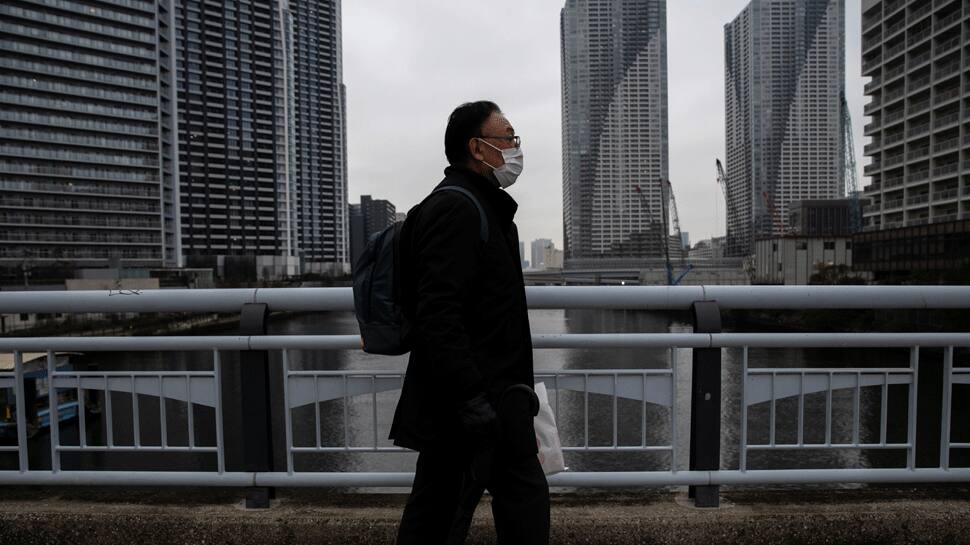There has been a surfeit of information on social media on the coronavirus. Just a few days ago, a friend of mine in Beijing called to tell me he had been quarantined in his apartment for two weeks. “I can’t go get groceries, I can’t go to the bank! “What do I do?!” he was telling me in partial shock, partial surprise. He then sent me a picture of a Beijing street from the window of his apartment. Absolutely empty.
And although the coronavirus has not officially been labelled as a ‘pandemic,’ it was quite clear that people all over the world are most definitely paranoid and frightened.
In response to this, I began examining some of the information on social media on coronavirus. There was an overabundance of it. But when compared to the official World Health Organization (WHO) information, I noticed that a significant quantity of information on coronavirus was not only misinformed but contained bogus sensationalist claims.
So why is there so much information on COVID-19 and even more false information? The answer is simple. People, wanting answers, are hungry to consume it. Ever heard of the phrases ‘Bad news sells’ and ‘Sensationalism makes a winning headline?’ Coronavirus is a classic case of this. And unfortunately, terror travels quicker than taint.
For every factual coronavirus post, there are three more posts illustrating how the hundreds of COVID-19 articles and social media posts coronavirus is going to be the world’s next Bubonic Plague. And with new coronavirus cases allegedly being confirmed on a daily basis, there is no accord on statistics, which is spreading more paranoia across the world.
What is known for sure about coronavirus?
According to the World Health Organization, the best way to protect from the virus is to wash hands frequently with an alcohol-based substance and avoid large public gatherings. Why? Because one who might have the virus may be sneezing or coughing in close quarters to another.
It is also known that a majority of coronavirus cases are mild and come in the form of a cough, a cold or the flu. The WHO has advised treating all of these forms with medicine as one normally would. Just recently, the Union Health Minister Harsh Vardhan said that all the cases confirmed in New Delhi for coronavirus are successfully recovering.
The third thing known for sure about coronavirus is that the more severe, fatal cases of coronavirus are almost always found in people who have weaker immune systems or who have pre-existing respiratory conditions.
The problem is that false claims and sensational headlines continue to spread fear. Each new confirmed case makes for a slew of mainstream media headlines. But consider this. While there is so much excess information on coronavirus, is there a single post or article that really answers the most important questions? How dangerous is it? How scared should a person be of catching it? Just how big will coronavirus get.
There are no articles like this in existence. And there is a reason for this.
Incorrect, exaggerated and dramatic media coverage on coronavirus is not meant for the well-being of the people but is medial paranoia meant to drive up healthcare industry sales. Medical paranoia is what healthcare systems around the world depend on to survive.
Prior, the same type of panic frenzy via incorrect social media posts and dramatic headlines spread tremendous fear about SARS, the swine flu and the Zika virus. Even people who had good health lined up for tests ‘just in case’ while others cleaned stores of medical supplies.
For the record, coronavirus is not as dangerous as SARS. And now Purell bottles are selling for USD 400. The company must be ecstatic about their sales at the moment. Hospitals must be getting some serious revenue generation from the lines of people requesting for medical tests.
What is the right thing to do?
For starters, do not panic! Yes, of course, it is important to be careful and hygienic. This is because one can surely catch coronavirus if precautions not taken. But there is absolutely no need to fear. If in good health, a patient who has tested positive for coronavirus will most likely have a cold, a cough or the flu.
For this, the WHO has recommended how to protect from and fight coronavirus. These are things anyone would do normally. Wash hands frequently and thoroughly with an alcohol-based substance. Keep a distance from a sick person to avoid getting sick. Treat cough, cold or the flu with appropriate medicine and as one normally would.
At a time when people across the world are scared silly when they don’t need to be, prepare for coronavirus intelligently. It is imperative to fact-check online and social media posts and consider the sources of content consumed. Rely on credible information and authorities. Demand questionable posts to provide answers with proof from reliable sources. Most importantly, educate others sharing the correct material.
Itna panic corona!
















